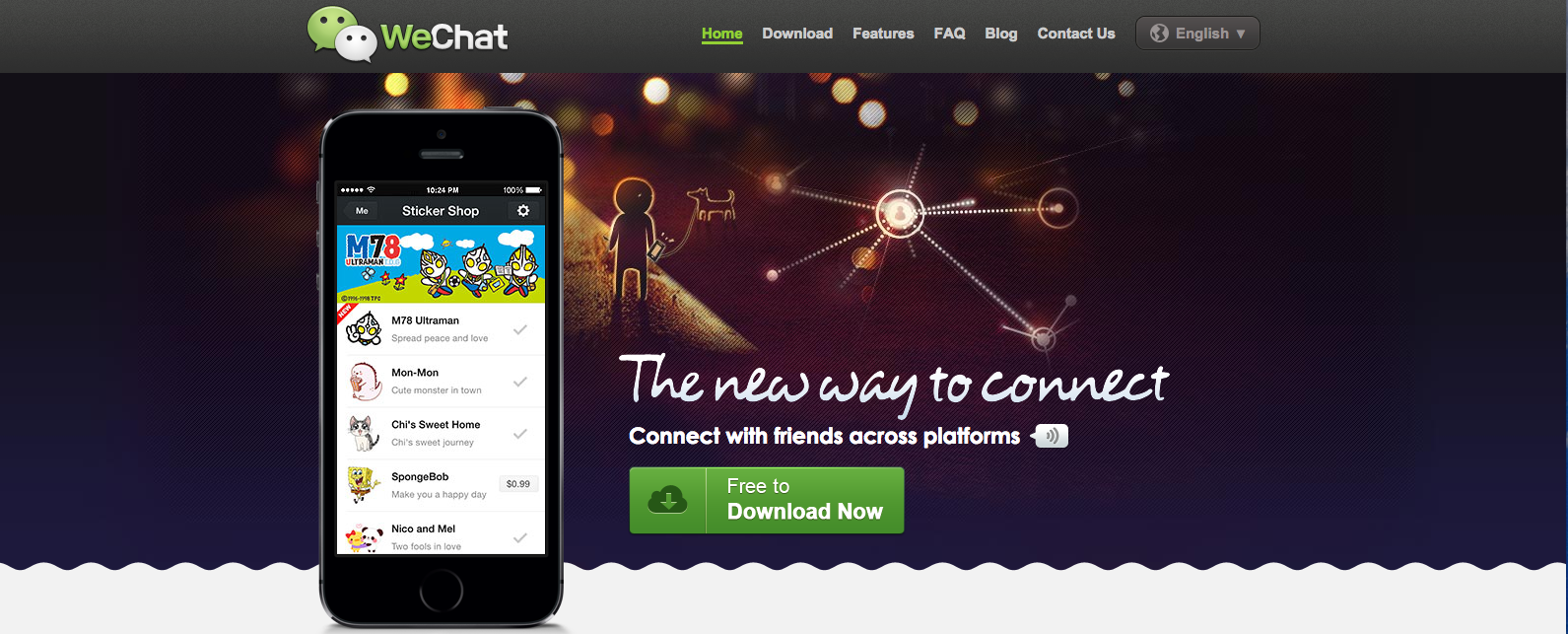Three years ago I hired an intern from China, an undergraduate student at Columbia University. She is one of the best college interns I’ve ever had — focused, smart, analytical, service-oriented, a clear communicator and kind. She did the heavy lifting in deploying our marketing automation software with our CRM (customer-relationship management) system. She since has graduated, and spent a few years working at a major IT consulting firm in developing social CRM solutions.
She recently moved back to China and posted one of her first experiences to Facebook. Considering her recent immersion in U.S. digital platforms (i.e., Google, Facebook, Twitter, Amazon, etc.), I was blown away by her reaction to WeChat, one of China’s leading consumer digital platforms. She gave me permission to repost here:
Been back in China for 3 weeks – day by day I’m truly amazed by how powerful a product (but really a platform) WeChat has become. I begin my day reading tons of subscription channels on WeChat, use WeChat to pay for almost all my bills, make appointments at various gov’t agencies, get discounts and offerings from shops, enjoy all kinds of customer services via texting, hail cabs, buy movie tickets and even get cash without bringing the physical card with me…let alone all the people I need to connect from business (yes WeChat is the new business card) to personal are all there – talking about all in one. What’s more, the technologies it uses to realize all these features are diverse and creative. Highly recommend whoever’s interested in products to try it out in every aspect.
Many Americans view U.S. technology innovation as an area no other market can compete with, including Internet platforms. The U.S. is truly a hub of technical innovation, but, as my former intern describes, it’s not the only one. And when it comes to social media and consumer services and infrastructure, there some serious non-U.S. players.
This sparks an important memory: a former colleague five years ago visited family in China. In order for him to post to Facebook during his travels, he had to circumvent Chinese firewalls and censors — he was a hacker and succeeded, yet was monitored closely.
This raises all sorts of questions around norms, conveniences, courtesies and laws in the quest for technological innovation and progress.
It’s an interesting global Internet society we’re progressing into.

